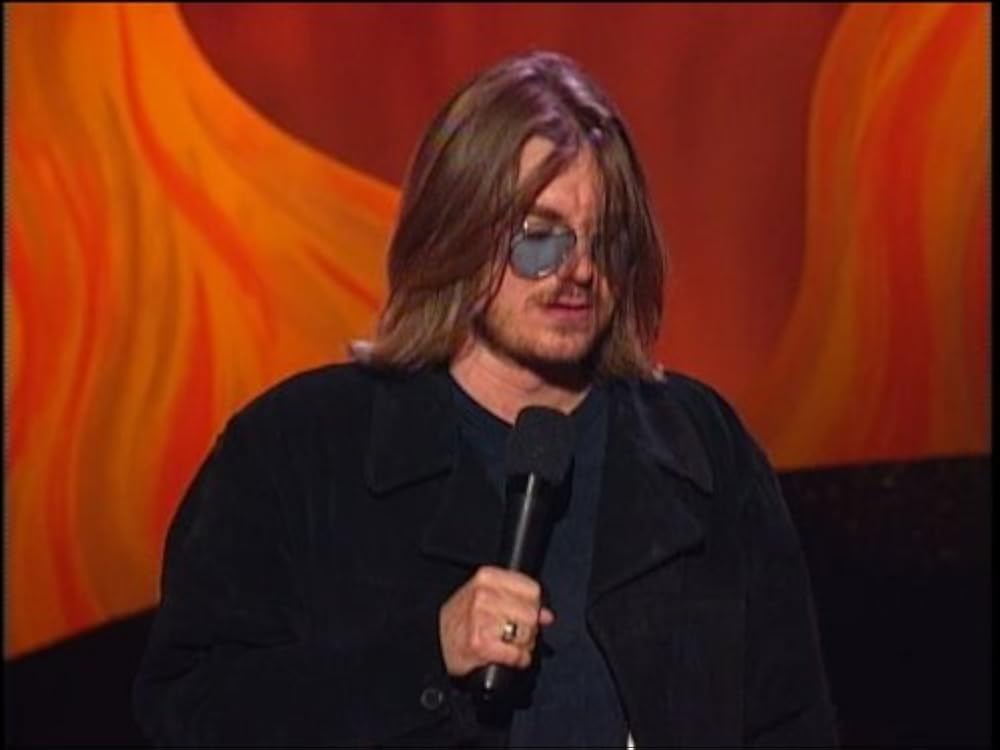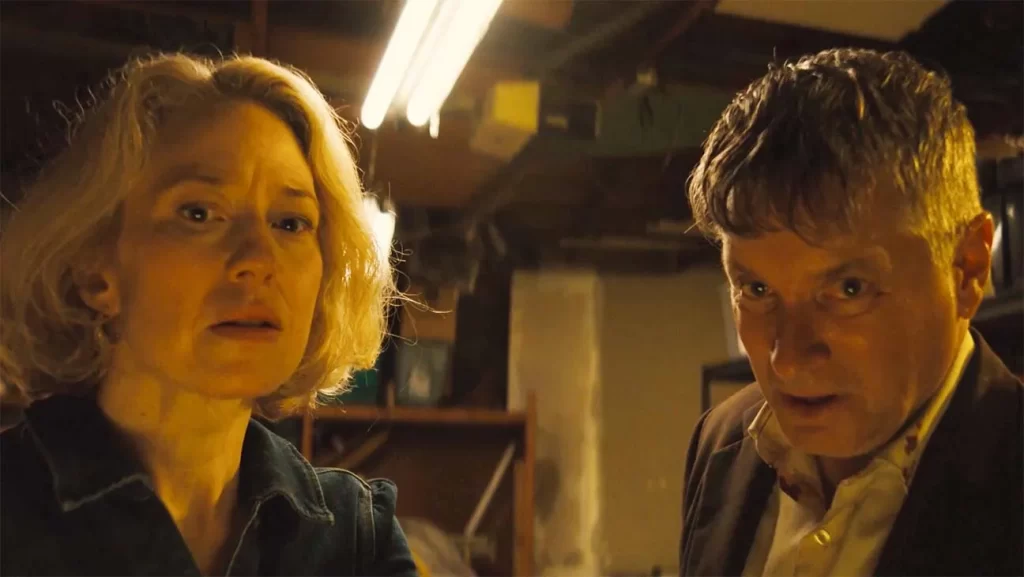Fifty years ago, Pink Floyd released an album that felt like a sigh.
Wish You Were Here had no radio-friendly singles, no obvious hooks, and followed a monumental success (The Dark Side of the Moon) that sold more than 30 million copies.
And yet, it may be the band’s most emotionally resonant work—a mournful, ambient, oddly intimate meditation on absence, loss, and disillusionment.
You don’t sing along to Wish You Were Here. You absorb it.
The album opens with the ghostly hum of a synthesizer, like a transmission arriving from deep space. Then comes Shine On You Crazy Diamond—a nine-part suite split across the album’s start and finish, and a tribute to Syd Barrett, the band’s founding frontman who had been lost to mental illness and drug abuse.
The lyrics (“Now there’s a look in your eyes / Like black holes in the sky”) are devastating. And they’re delivered without sentimentality, just sorrow.
Roger Waters, who wrote much of the record, later called it “a requiem.” David Gilmour’s guitar playing—especially on “Shine On”—became its own language: yearning, lyrical, grieving. He didn’t so much solo as speak.
Between the bookends of Shine On are three tracks that bite deeper than their gentle tones suggest.
“Welcome to the Machine” is a snarling indictment of the music industry, delivered through synths that hiss and churn like a corporate combine. “Have a Cigar” lampoons record execs in their own voice, with Roy Harper singing the role of a clueless label rep who asks, “By the way, which one’s Pink?” It’s funny until you realize it’s almost verbatim from EMI boardrooms.
And then comes the title track.
“Wish You Were Here” is deceptively simple: just a 12-string acoustic guitar and Gilmour’s wounded vocals. But it cuts straight through—more elegy than song. Waters later said it wasn’t just for Syd. It was for anyone who’s ever been emotionally absent. And maybe for themselves.
The production was more organic than its predecessor. Gone were the heartbeats and clocks and tape loops of Dark Side. In their place: space. Air. The sense of a band playing together, not just producing a record, but trying to reach someone who wasn’t there anymore.
At the time, it was misunderstood. Rolling Stone gave it a lukewarm review in 1975. But decades later, Wish You Were Here has aged not just well—but hauntingly. It now feels like the record that understood what the band didn’t say aloud: fame had isolated them, grief had sobered them, and the machine had won something.
Still, Wish You Were Here remains, a half-century on, Pink Floyd’s most humane album. It doesn’t rage against the void. It speaks to it. It sends signals into the silence, hoping someone’s still listening.
Maybe that’s why it still plays like a message meant for us—wherever we are.



